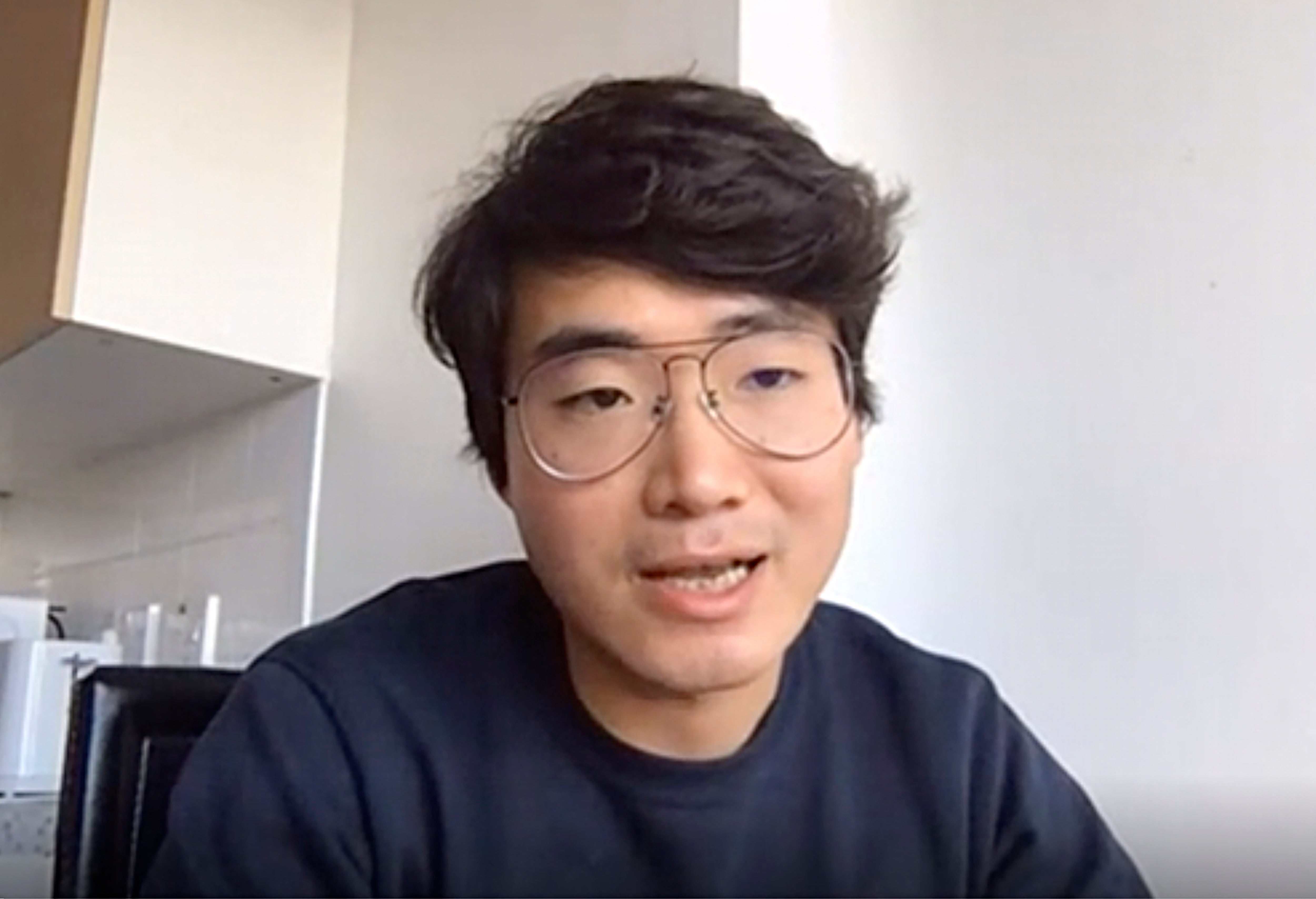Hong Kong invokes new law to cancel passports of 6 overseas-based activists, including Nathan Law
The Hong Kong government has canceled the passports of six overseas-based activists under the new national security law, stepping up its crackdown on dissidents who moved overseas

The Hong Kong government on Wednesday canceled the passports of six overseas-based activists under the new national security law, stepping up its crackdown on dissidents who moved overseas.
Those affected were former pro-democracy lawmaker Nathan Law, unionist Mung Siu-tat and activists Simon Cheng, Finn Lau, Johnny Fok and Tony Choi — all accused of endangering national security by the authorities. The government said they have “absconded” to the U.K.
Last year, police offered rewards of 1 million Hong Kong dollars ($128,000) each for information leading to their arrests and drew sharp criticism from Western governments.
According to the official statement, authorities also banned anyone from providing funds or economic resources to the six, leasing properties to them or forming any joint venture with them, among other restrictions. Doing so without authorization would carry a penalty of up to seven years in prison.
The government said it acted because the six were continuing to engage in activities that endanger national security, smearing the city and colluding with external forces.
The measures were taken under the new powers granted by Hong Kong's homegrown national security law enacted in March.
Beijing imposed a similar national security law on the territory in 2020 that has effectively wiped out most public dissent following the huge anti-government protests in 2019. Many activists were arrested, silenced or forced into self-exile.
Over 144,400 people from Hong Kong also have moved to the U.K. using a special visa that allows them to live and work in the country and apply for British citizenship after six years. The U.K. introduced the pathway in 2021 in response to the 2020 security law.
Additionally, the British government granted asylum to activists Law and Cheng.
But both the Chinese and Hong Kong governments insisted the law restored stability to the city after the protests.
Bookmark popover
Removed from bookmarks